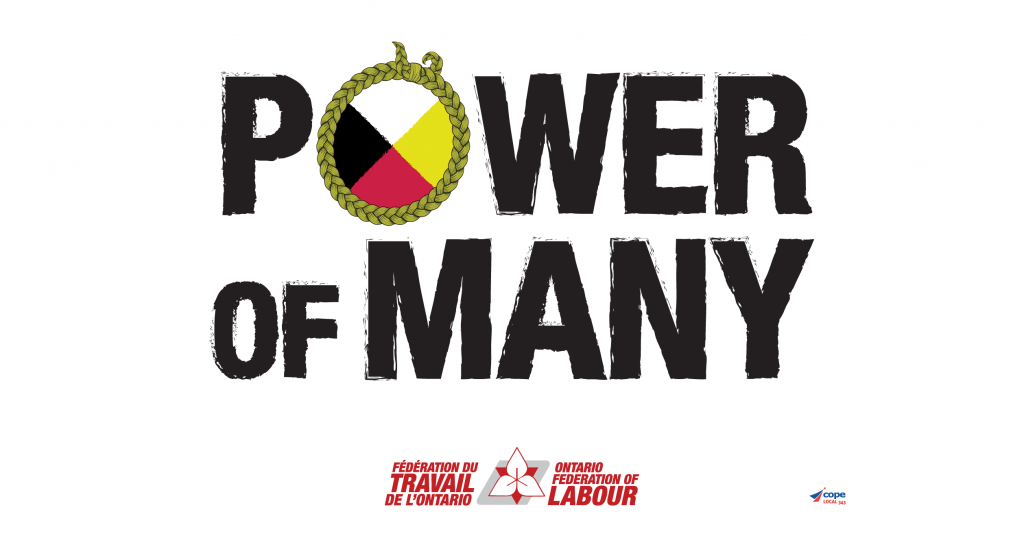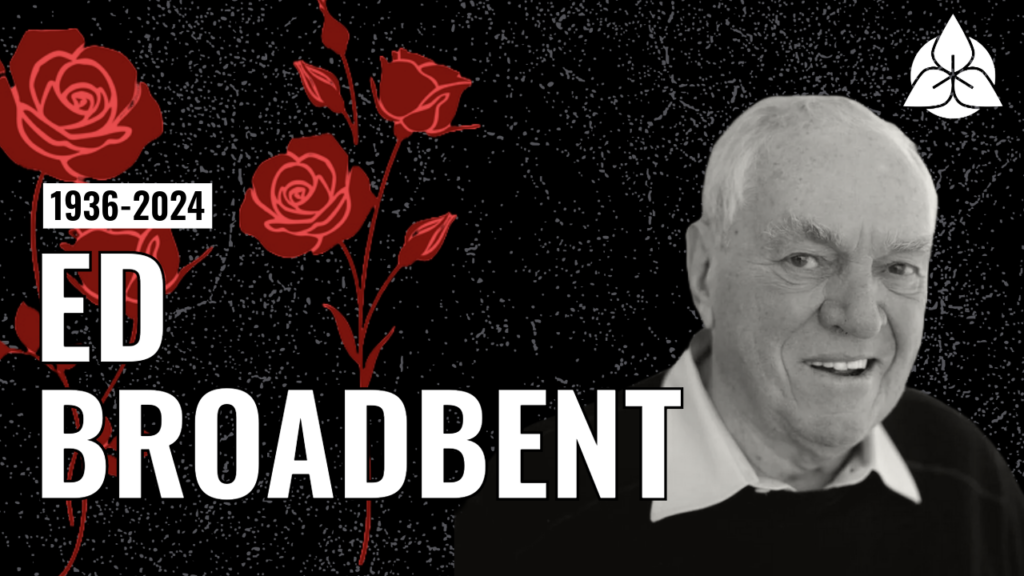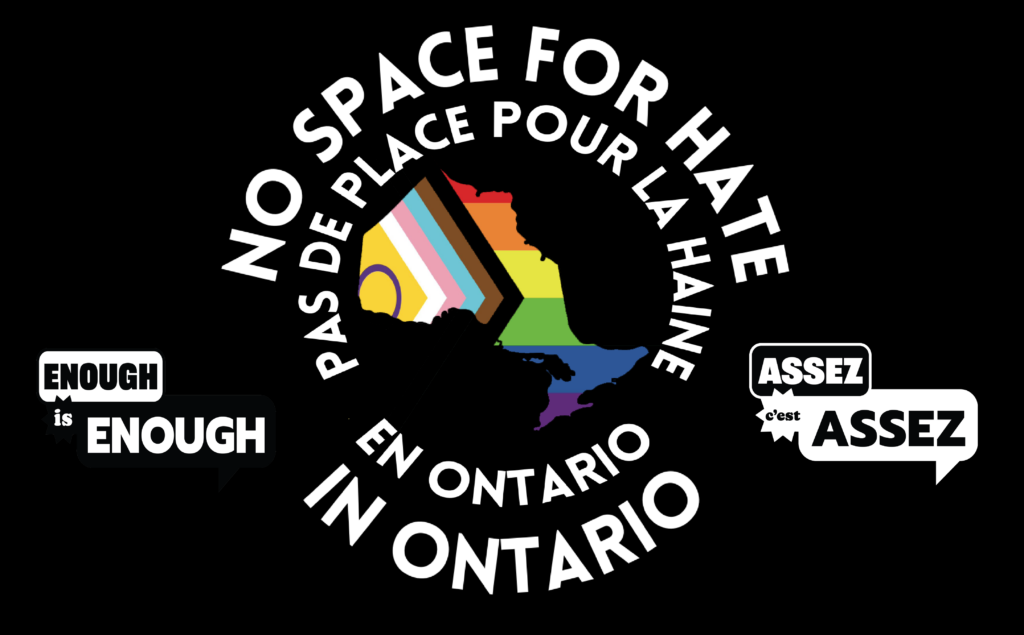
On June 21, Canadians celebrate National Indigenous Peoples Day to honour the unique heritage, diverse cultures and outstanding contributions of First Nations, Métis and Inuit peoples.
June 21 was first celebrated as National Aboriginal Day in 1996, after it was proclaimed that year by then Governor General of Canada Roméo LeBlanc. This date was chosen as a holiday for many reasons, including its cultural significance as the summer solstice and because it is a day on which many Indigenous peoples and communities traditionally celebrate their heritage. It was renamed from National Aboriginal Day in 2017.
The Truth and Reconciliation report highlighted the struggles Indigenous people have faced due to colonialism, Residential Schools, the Sixties Scoop, broken treaties, and the Indian Act. On June 21, National Indigenous Peoples Day, let’s recommit ourselves to writing a different narrative by celebrating Indigenous culture and daily acts of reconciliation.
Every year on National Indigenous Peoples Day, people from every corner in the province are strongly encouraged to celebrate by participating in events that highlight the achievements Indigenous peoples have made throughout history. Events can include:
- summer solstice festivals
- social networking gatherings with traditional and contemporary music, dance and song
- sacred fire extinguishing ceremonies
- traditional feasts, which may include fried bread and moose stew
Last year, the National Inquiry into Missing and Murdered Indigenous Women and Girls issued its long awaited report that characterizes the violence inflicted against Indigenous women, girls, and 2SLGBTQQIA people as genocide.
We each must take action in our unions and communities to implement the recommendations of the Truth and Reconciliation Commission and the National Inquiry into Missing and Murdered Indigenous Women and Girls.
The OFL encourages affiliates to support the Truth and Reconciliation Commission of Canada (TRC) recommendation 80, which calls for a statutory holiday for Truth and Reconciliation. Declaring June 21 a statutory holiday is one step toward re-writing the narrative of Canadian history into one of reconciliation that honours the cultures and achievements of First Nations, Métis and Inuit peoples.
Cope343


